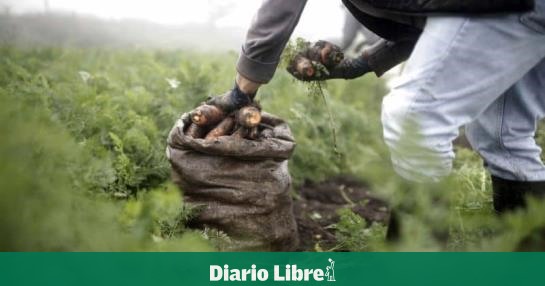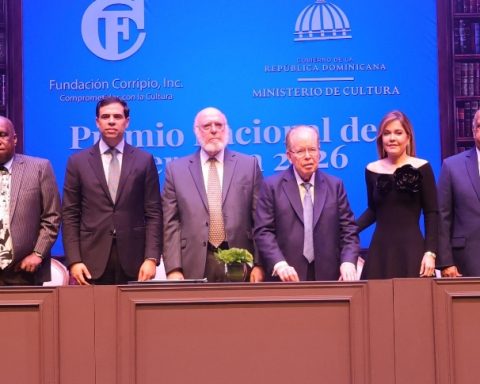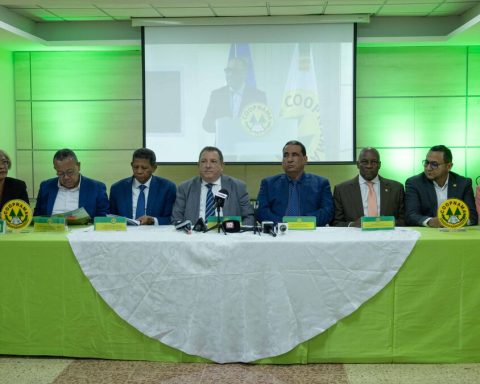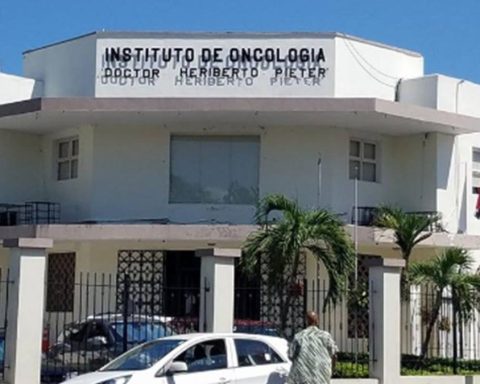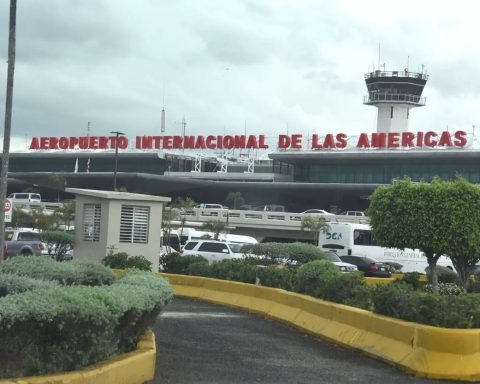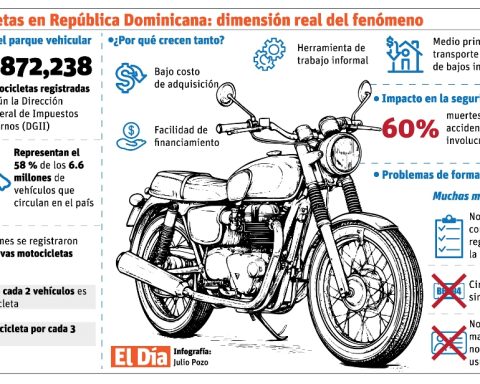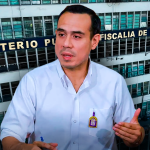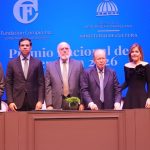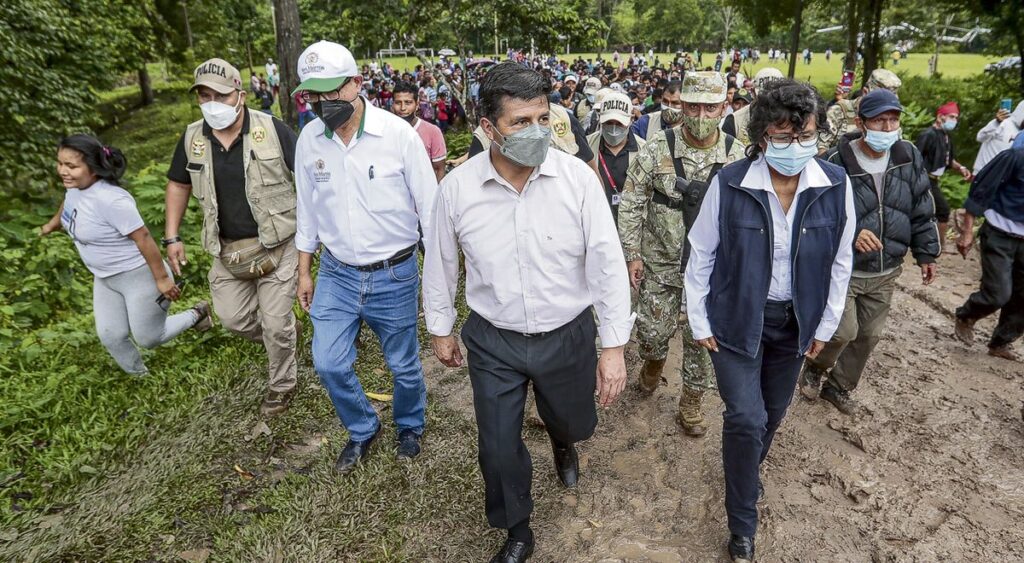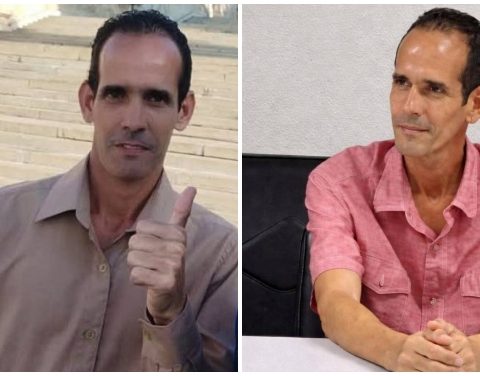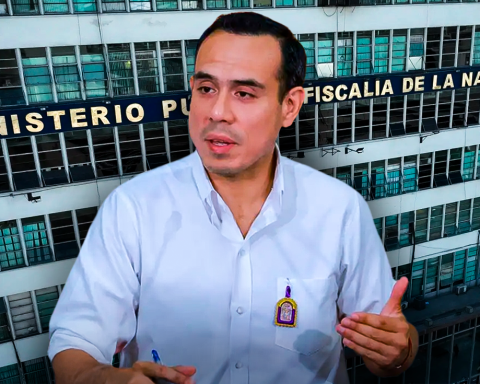Given the project submitted by the Executive power to, for a period of six months, eliminate customs duties for the importation of 67 subheadings, agricultural producers They understand that the authorities should subsidize raw materials and not finished products, since they warn that these measures go against the Dominican productive sectors. In addition, it creates unfair competition with its peers from other countries.
“I understand that the measure should be applied to raw materials for the production of food, so as not to affect the national producer. We must encourage the productionand when you subsidize the finished product, you affect the producer of the field”, said the president of the Dominican Association of Pig Farms (dog farm), louis brache.
He supports the subsidizing of corn, soybeans, vegetable oil and fat, which are the main food components of all proteins in the country.
“We are not going to be able to compete with subsidized products from other countries. It must be for the raw material for us to control prices here and strengthen the productive apparatus,” said the Adogranja executive.
On March 10, the Executive power submitted to National Congress a bill that, provisionally, levies a zero rate in the customs tariff on certain goods that affect the cost of food that constitutes a basic component for the nutrition of the Dominican family.
In the initiative, which was sent to the President of the Chamber of Deputies, Alfredo Pacheco, by the Vice President of the Republic, in her capacity as in charge of the Executive powerit is explained that it is, particularly, the goods classified in the eight-digit tariff subheadings of the Harmonized System established in Annex I of Law 146-00, of December 27, 2000.
The zero rate would be maintained for such products for a period of six months, counted from the entry into force of the law that is now being proposed.
“Pork coming from the United States has been at a zero rate since 2020. That is, pigs are not paying taxes,” said the president of the Dominican Federation of Pig Farmers, Francisco Israel Brito.
The Executive power presented a list of 67 goods made up of beef; in carcasses or half carcasses, fresh or chilled; other cuts (pieces) of beef, boneless, fresh or chilled and other boneless beef, fresh or chilled.
Also, beef carcasses or half carcasses, frozen; other cuts of beef, boneless, frozen. Also, pork; in carcasses or half carcasses, fresh or chilled. Legs, shoulders, and their pieces, without bone, of pork, fresh or refrigerated. Other pork meat, fresh or chilled.
Also, chicken meat, uncut, fresh or chilled; chicken meat, not cut into pieces, frozen; short thighs, long thighs (legs), whether or not joined, of chicken, fresh or chilled; minced or ground chicken meat, frozen; chicken meat (breast), frozen; and red beans, other red beans, among other goods.
“It is a contradictory attitude with one of the electoral proposals made by President Abinader to fight for the food sovereignty of the Dominican people. I believe that a government must contribute to achieve a considerable increase in the production and productivity in this country, for us to have a guarantee of supplying the demand of the national market”, said the leader and agricultural producer Manuel Matos Pérez.
He said that it is necessary to invest in the development of national agriculture and pointed out that the southern part of the country depends on about 90% of informal credit, which does not depend on bank credit, basically, from the Agricultural Bank, with interests ranging between 3 to 10% per month.
“Can we be competitive with that high cost of using money? No. The price of money in the United States is 2 percent a year. All of these are limitations and these measures are going to make life in the countryside worse,” he said.
It was asked that, if the country produces the chicken that the market demands, why are they going to import that item?
In the case of beans, Matos acknowledged that the sector is producing about 40% of the local market demand due to the limitations that producers have.
“The demand for beans in the Dominican Republic is around 1,100,000 quintals per year. Previously we produced about 60% of the market demand, but that has been falling. I estimate that what we are producing is close to 40%”, he explained.
The National Confederation of Agricultural Producers (Confenagro) issued a document through which it asked President Luis Abinader for a dialogue with the productive sector, in order to evaluate the announced initiatives that seek to favor imports of food products that are produced in the country with tariff exemptions.
Wilfredo Cabrera, president of Confenagro, understands that this measure would cause serious damage to national agricultural producers who, despite all forecasts, have sustained the supply of essential agricultural items.
Although he understands the situation of world crisis that the country is experiencing to be severe, Cabrera asked that the Government receive the producers, so that the decisions that are made later “are supported by all the actors, as convenient actions for the delicate moment” in that is lived
The agricultural leader referred to the measures announced on March 7 by Abinader, which are intended to exercise control over inflation. “Measures that we welcome from their broad meaning, because it is a sign that our government is aware of the global problems that affect our country more directly, which gives us another sign of our total dependence on most of the inputs. that meet our needs,” he said.
The Association of Industries of the Dominican Republic opposes the bill that would set a zero rate for zero tariffs on a series of products in the basic basket. “The elimination of tariffs to countries with which we do not have free trade agreements will cause domestic producers to be abruptly affected by imports from some countries that practice dumping and other unfair trade practices,” the AIRD said in a letter. sent to the president of the Chamber of Deputies, Alfredo Pacheco. Entrepreneurs understand that this would only harm local production and would not necessarily reach those in need.
